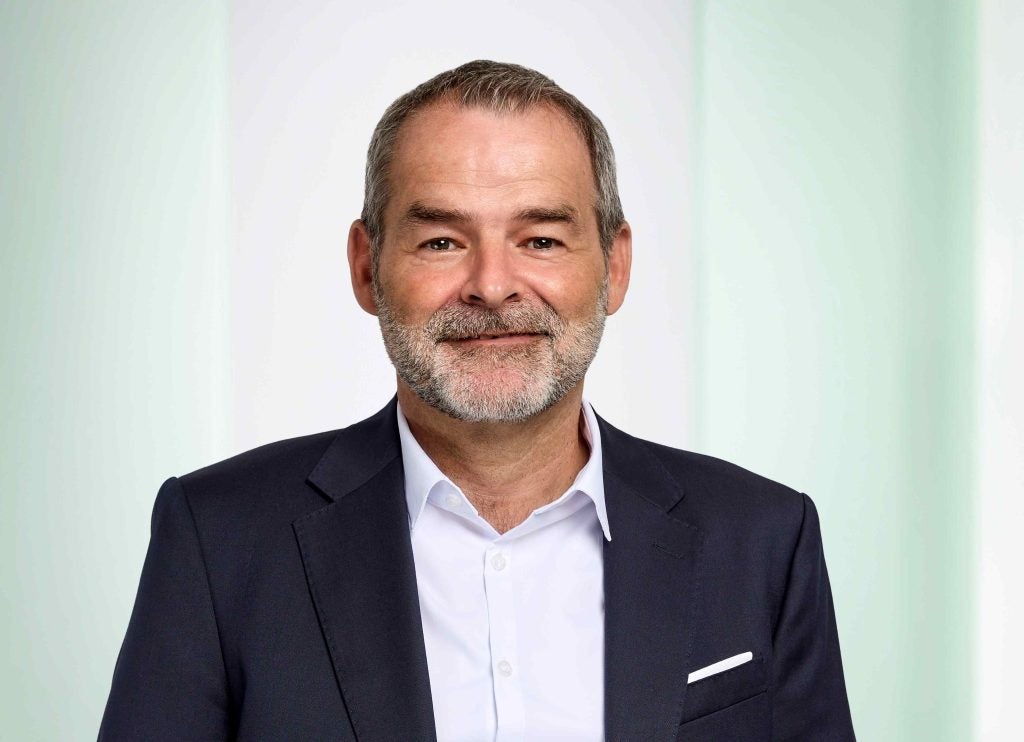
Over the next two decades an almost incomprehensible sum of $84trn is projected to flow from the baby boomers to their millennials. Ilias Georgopoulos, global head of private & institutional asset owners, IQ-EQ, writes.
It’s been claimed that this ‘Great Wealth Transfer’ is creating monumental upheaval in the world of family offices – not to mention, financial services more broadly.
Most discussion of this money flow so far suggests a relatively dramatic paradigm shift – in which millennials will suddenly take the reins of their family wealth. The overblown stereotype goes on to say that these ‘children’ will then suddenly fire all their parents’ bankers and fund managers, before diverting the entire family fortune into ESG and impact investments.
What do millennials want?
Yet this hypothetical scenario is overly simplistic. As families have become less hierarchical, it does certainly seem that the next generation is having an influence on the operations and strategy of their family office from a relatively young age. This shift is happening in a gradual manner, over time, in a more collaborative approach between generations and a two way listening approach between passion and wisdom. For the generation that brought us the online ‘influencer’, this seems apt.
This slow, subtle shift in power is partly down to the professionalisation of the affairs of wealthy families, leading to more awareness around succession planning.
I would like to refer to a recent report by Barton Consulting that takes a fascinating look at the history of family offices, detailing how the founding of the United States and the industrial revolution led to the creation of the first dynasties not tied primarily to property wealth. This newly rich cohort had little sense of how to manage wealth over generations, while banks and broking houses lacked the expertise to help.
How well do you really know your competitors?
Access the most comprehensive Company Profiles on the market, powered by GlobalData. Save hours of research. Gain competitive edge.

Thank you!
Your download email will arrive shortly
Not ready to buy yet? Download a free sample
We are confident about the unique quality of our Company Profiles. However, we want you to make the most beneficial decision for your business, so we offer a free sample that you can download by submitting the below form
By GlobalDataBarton puts the birth of the family office at the establishment of the House of Morgan, by JP Morgan’s grandfather, in 1838. John D Rockefeller opened what is considered to be the first full-service single family office in 1882.
Family offices
A very interesting 2023 Goldman Sachs survey of 166 single family offices shows the extent to which the sector has taken off in recent decades. Globally, 48 per cent of family offices are still owned by the original wealth creator, another 32 per cent were in the second generation, and more than half have been incorporated since 2010. This varied significantly across regions, with only 24 per cent of EMEA family offices controlled by the first generation, compared with 59 per cent in APAC. This increase implies, amongst others, that the structures of the families’ offices are becoming a more obvious choice of governance.

As well as professionalisation and generalisation, there are two further reasons for millennial involvement: Firstly, younger generations are more likely to lobby for ethical investments to be part of the family strategy, and secondly, patriarchs and matriarchs are more eager to have their children involved early in the game as they realise the acceleration of the global paradigm changes in the currently fast evolving world.
While the predictions of a sudden generational shift in financial power may have been premature, the undeniable fact remains that this transfer of wealth is happening. Therefore, families and those helping them need to adopt proactive measures to ensure family offices do not fall into disarray when the younger generation eventually assumes full decision-making control. The question is, how can families adapt in advance to avoid potential chaos and therefore fail in their primary mission of wealth preservation?
Successful measures for millennials
From what we see some of the measures that typically succeed include: firstly, it is essential to foster open and inclusive family discussions about operations and how the family office is structured. This conversation can help to bridge the generational gap and align the family’s vision for the future. It also provides the younger generation with an opportunity to understand and appreciate the responsibilities that come with wealth management.
Secondly, education plays a key role in the successful transition of wealth. The younger generation must be equipped with the necessary knowledge to make informed decisions about wealth. According to the Goldman Sachs survey, 39 per cent globally said the next generation were already influencing their investment strategy, with APAC family offices more likely to be engaging with their descendants (51 per cent). This conversation could involve understanding the nuances of investing, the importance of diversifying, the impact of global economic trends, and the benefits of sustainable investing.
Lastly, families need to think about governance. While the data shows the younger generation is involved, the degree to which this involvement is formalised and planned varies enormously. Good governance and a well-thought-out succession plan can provide a clear roadmap for the transfer of wealth, ensuring a smooth transition and reducing the potential for family disputes. This usually involves setting up trusts or other corporate vehicles, reviewing wills, and considering tax implications in the jurisdictions younger family members are living.
The great wealth transfer discussion serves as an ongoing reminder that wealth is not just about accumulation, but also about preservation and transition. It’s about creating a legacy that can withstand the test of time and the upheavals of economic, societal, and environmental change.
The need for foresight, planning, agile and proactive measures cannot be overstated nor is the clarity on the reversibility options of the structuring to match multigenerational and multi-location family needs. These are clear trends I see in the newer generation’s mindset.







